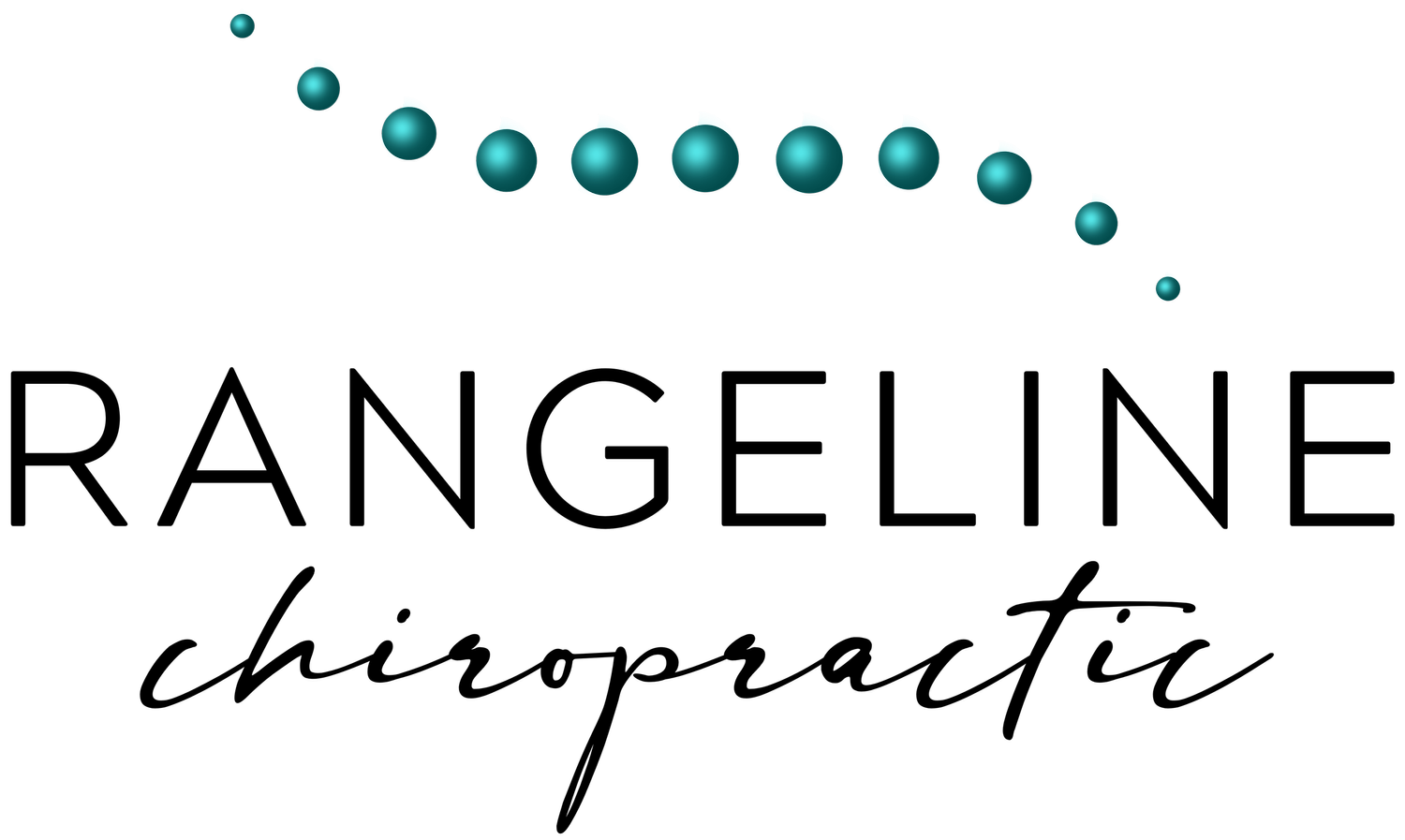Integrating Chiropractic Care with Nutrition for Optimal Wellness
In today’s fast-paced world, maintaining optimal health requires a multifaceted approach. While chiropractic care is well-known for improving spinal health and relieving pain, integrating it with proper nutrition can elevate overall well-being, boost the body’s ability to heal, and enhance the effectiveness of chiropractic adjustments.
The Connection Between Chiropractic Care and Nutrition
The human body is an intricate system where nutrition and spinal health are deeply intertwined. Chiropractors focus on ensuring proper spinal alignment, which plays a crucial role in nervous system function. However, nutrition is equally vital as it provides the body with essential nutrients to support tissue repair, reduce inflammation, and optimize energy levels.
When chiropractic care and nutrition are combined, the body becomes more resilient to stressors, recovers faster from injuries, and maintains an optimal balance that fosters long-term wellness.
Why Nutrition Matters for Chiropractic Patients
Many patients seek chiropractic care to address pain, discomfort, or mobility issues. However, without the right nutrients, the body may struggle to heal efficiently. Here’s how nutrition plays a critical role:
1. Reducing Inflammation
Chronic inflammation is a significant contributor to musculoskeletal pain, joint stiffness, and spinal misalignments. Consuming anti-inflammatory foods can help mitigate these issues and complement chiropractic treatments.
Best Anti-Inflammatory Foods:
Leafy greens (spinach, kale, collard greens)
Fatty fish (salmon, mackerel, sardines)
Nuts and seeds (walnuts, flaxseeds, chia seeds)
Turmeric and ginger
Berries (blueberries, strawberries, blackberries)
2. Supporting Musculoskeletal Health
Strong bones, flexible joints, and well-nourished muscles enhance the effectiveness of chiropractic adjustments. Nutrients like calcium, magnesium, and vitamin D contribute to skeletal strength, while protein supports muscle recovery.
Key Nutrients for Musculoskeletal Health:
Calcium – Found in dairy products, almonds, and leafy greens.
Magnesium – Present in pumpkin seeds, dark chocolate, and avocados.
Vitamin D – Boosted by sunlight exposure, fatty fish, and fortified foods.
Protein – Obtained from lean meats, eggs, legumes, and tofu.
3. Enhancing Nervous System Function
Chiropractic care primarily targets the nervous system by optimizing spinal health. Nutrients like omega-3 fatty acids, B vitamins, and antioxidants play a significant role in maintaining nerve function and reducing stress-related damage.
Best Foods for Nervous System Support:
Avocados (rich in B vitamins and healthy fats)
Dark leafy greens (high in folate and antioxidants)
Nuts and seeds (great sources of vitamin E and omega-3s)
Wild-caught fish (excellent for brain health and nerve function)
How Chiropractic Care Improves Nutrient Absorption
Many people suffer from suboptimal digestion due to poor posture, spinal misalignment, or stress. Chiropractic adjustments can help enhance digestion by improving nerve function related to the digestive system.
Spinal Alignment and Digestion: The spine houses nerves that control digestion, and misalignments (subluxations) can disrupt gut function. By correcting these misalignments, chiropractic care enhances digestion and nutrient absorption.
Reducing Stress for Better Gut Health: Stress can negatively impact gut health, leading to conditions like irritable bowel syndrome (IBS) or acid reflux. Regular chiropractic care helps manage stress by optimizing nervous system function, thereby promoting better digestion and absorption of essential nutrients.
A Holistic Approach to Wellness: Combining Chiropractic Care and Nutrition
To maximize the benefits of both chiropractic care and nutrition, consider the following strategies:
1. Eat for Recovery and Inflammation Reduction
After a chiropractic adjustment, the body goes through a recovery process. Consuming nutrient-dense, anti-inflammatory foods can help sustain these benefits and prevent recurring issues.
Pre-Adjustment Nutrition: Eating light, easily digestible meals rich in antioxidants and hydration helps prepare the body for an adjustment.
Post-Adjustment Recovery: Focus on lean proteins, healthy fats, and anti-inflammatory foods to aid in recovery and maintain mobility.
2. Stay Hydrated for Spinal Health
Water is essential for spinal disc hydration, joint lubrication, and overall flexibility. Dehydration can exacerbate pain and stiffness, reducing the effectiveness of chiropractic treatments.
Aim for at least 8-10 glasses of water per day, or more if you are physically active.
Consider herbal teas and coconut water for added hydration benefits.
3. Avoid Inflammatory Triggers
Certain foods can trigger inflammation and work against the benefits of chiropractic adjustments.
Limit processed foods, refined sugars, and artificial additives.
Reduce alcohol and caffeine intake to prevent dehydration and stress buildup.
4. Support Gut Health with Probiotics
A healthy gut microbiome contributes to reduced inflammation, better digestion, and improved mood.
Incorporate fermented foods like yogurt, kimchi, sauerkraut, and kefir.
Consider high-quality probiotic supplements if recommended by a healthcare professional.
Personalized Chiropractic and Nutritional Plans
Everyone’s body is different, and the integration of chiropractic care with nutrition should be personalized to suit individual needs. A chiropractor who understands functional medicine or holistic health can offer tailored advice on:
Dietary modifications based on specific health concerns (e.g., arthritis, chronic pain, digestive issues).
Nutritional deficiencies that may be affecting spinal health.
Supplementation strategies to support chiropractic care outcomes.
The Role of Supplements in Chiropractic Wellness
While whole foods should be the primary source of nutrients, supplements can help bridge the gap when dietary intake is insufficient.
Collagen – Supports joint and spinal disc health.
Omega-3 Fatty Acids – Reduces inflammation and enhances nervous system function.
Vitamin B Complex – Aids in nerve health and energy production.
Magnesium – Relaxes muscles and promotes better sleep, crucial for healing.
Before starting any supplements, it’s best to consult a chiropractor or healthcare professional to determine individual needs.
Achieving Optimal Wellness with Chiropractic and Nutrition
Integrating chiropractic care with proper nutrition is one of the most effective ways to achieve lasting wellness. By focusing on anti-inflammatory foods, maintaining proper hydration, and supporting musculoskeletal and nervous system health through balanced nutrition, patients can enhance the benefits of chiropractic adjustments and promote long-term healing.
Whether you are seeking relief from pain, aiming for improved mobility, or striving for overall well-being, combining chiropractic care with mindful nutrition can unlock your body’s full potential for health and vitality. Prioritize both, and you’ll set yourself on the path to optimal wellness!
